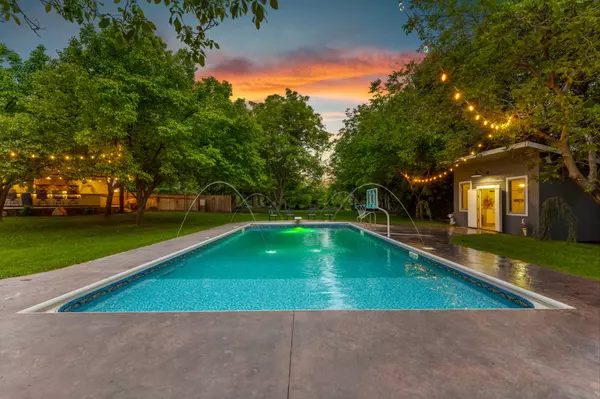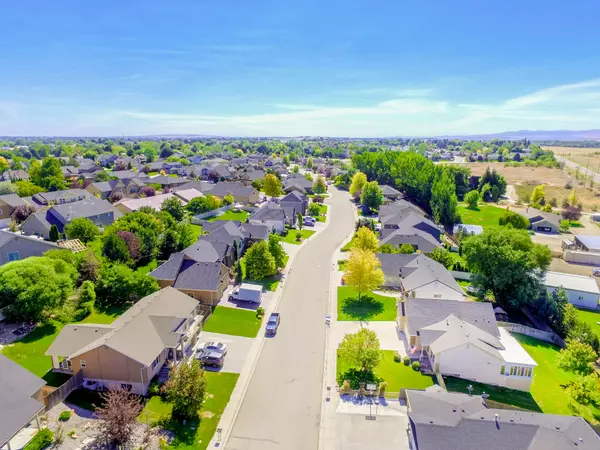How to Handle Lowball Offers for a Quick Sale 2024 | Living in Idaho at LPT Realty
How to Handle Lowball Offers for a Quick Sale
Table of Contents
- Introduction
- Understanding a Lowball Offer
- Stay Calm and Don't Take It Personally
- Evaluate the Buyer’s Motivation
- Counteroffer with Confidence
- Consider Market Conditions
- When It’s Time to Walk Away
- Final Thoughts
- FAQs
Introduction
Selling your home quickly might come with some challenges, especially when you receive lowball offers. How do you handle an offer that’s far below your asking price? Whether you're pressed for time or eager to sell, knowing how to navigate these offers is crucial. Here are expert tips on how to respond to lowball offers without losing your cool or compromising too much on value.
Get a quick, no-obligation home valuation with our Instant Home Valuation Tool!
Understanding a Lowball Offer
A lowball offer is typically 20% or more below the asking price. While receiving such offers can feel frustrating, they are often a common part of the real estate process, especially when a buyer senses urgency. Understanding what motivates these offers can give you the upper hand in your negotiations.
Stay Calm and Don't Take It Personally
It's easy to feel offended or frustrated when you receive an offer far below your asking price, but remember, this is just a business transaction. The buyer may simply be testing the waters to see how flexible you are. Stay calm and take a step back to assess the offer logically.

Evaluate the Buyer’s Motivation
Not all lowball offers are meant to insult. Some buyers are genuinely motivated but constrained by their budget or trying to gauge how eager you are to sell. Ask yourself:
- Is the buyer financially qualified?
- Are they offering cash or seeking quick financing?
- Are they flexible on closing terms?
A buyer who's ready to close quickly may be worth considering, even if their initial offer is low.
Counteroffer with Confidence
Don’t dismiss a lowball offer outright. Instead, counteroffer with confidence. Often, buyers who offer low are prepared to negotiate, and this could lead to a better offer than you initially expected. Here's how to approach your counteroffer:
- Keep your asking price realistic by considering current market conditions.
- Highlight your home’s value by pointing out recent upgrades or unique features.
- Offer compromises on non-price terms like closing costs or timing to meet halfway.
A well-thought-out counteroffer can send a clear message that while you're serious, you're open to reasonable negotiation.
Check out the latest market snapshot for accurate pricing in your area!
Consider Market Conditions
The local Idaho market can greatly influence the offers you receive. If it’s a seller’s market, you may have more leverage and can afford to push back. However, in a buyer’s market, you may need to be more flexible.
- Seller’s Market: You can reject or counter lowball offers confidently.
- Buyer’s Market: You may want to consider accepting slightly lower offers to close the sale faster.
Stay informed about local trends by reviewing Idaho’s latest market reports.
When It’s Time to Walk Away
Sometimes, no matter how much you negotiate, the buyer may not budge enough. In that case, it’s best to walk away. If you’ve already priced your home competitively, there’s no need to accept a lowball offer that compromises your financial goals. Another buyer will come along, especially if you're in a hot market like Boise.
When rejecting offers, it’s important to remain professional and leave the door open for future negotiations in case the buyer reconsiders.

Final Thoughts
Handling lowball offers for a quick sale can be a delicate balance of patience, strategy, and knowing the market. Stay level-headed, negotiate with purpose, and don’t rush into accepting an offer that doesn’t meet your goals. Ultimately, your aim is to get the best possible outcome, even in a quick sale.
Need help selling your Idaho home? Contact our expert team today to learn how we can help you navigate offers and maximize your home sale.
FAQs
What is considered a lowball offer?
A lowball offer is generally 20% or more below your asking price, though this can vary depending on market conditions and the pricing strategy.
Should I reject lowball offers outright?
Not necessarily. It’s often better to counteroffer and see if the buyer is open to negotiating. The first offer is just a starting point.
How do I avoid lowball offers?
Setting a competitive price from the start and properly marketing your home can reduce the likelihood of receiving lowball offers. You can also add value to your home by making it stand out with unique features or upgrades.
Can I still sell my house quickly with lowball offers?
Yes! By evaluating the buyer’s motivation and negotiating smartly, you can still close the deal quickly without drastically underselling your property.
Categories
Recent Posts










Leave a Reply


